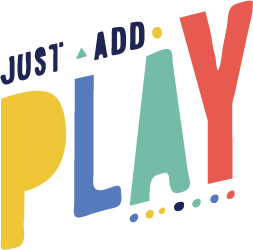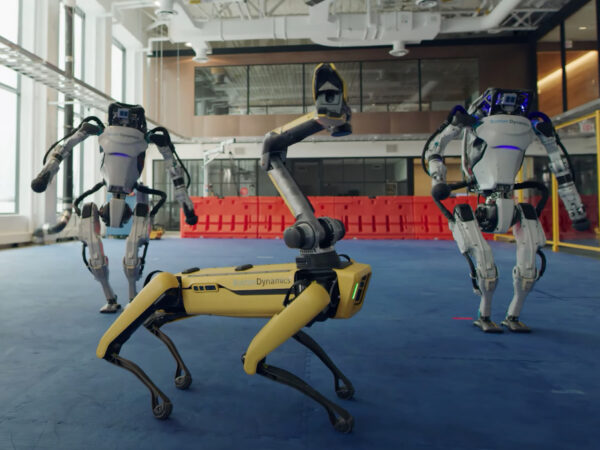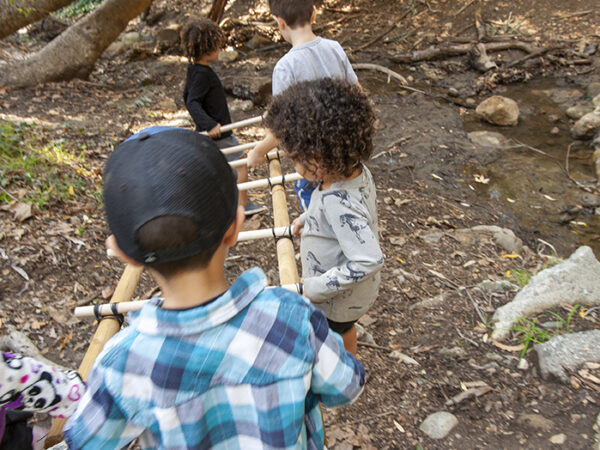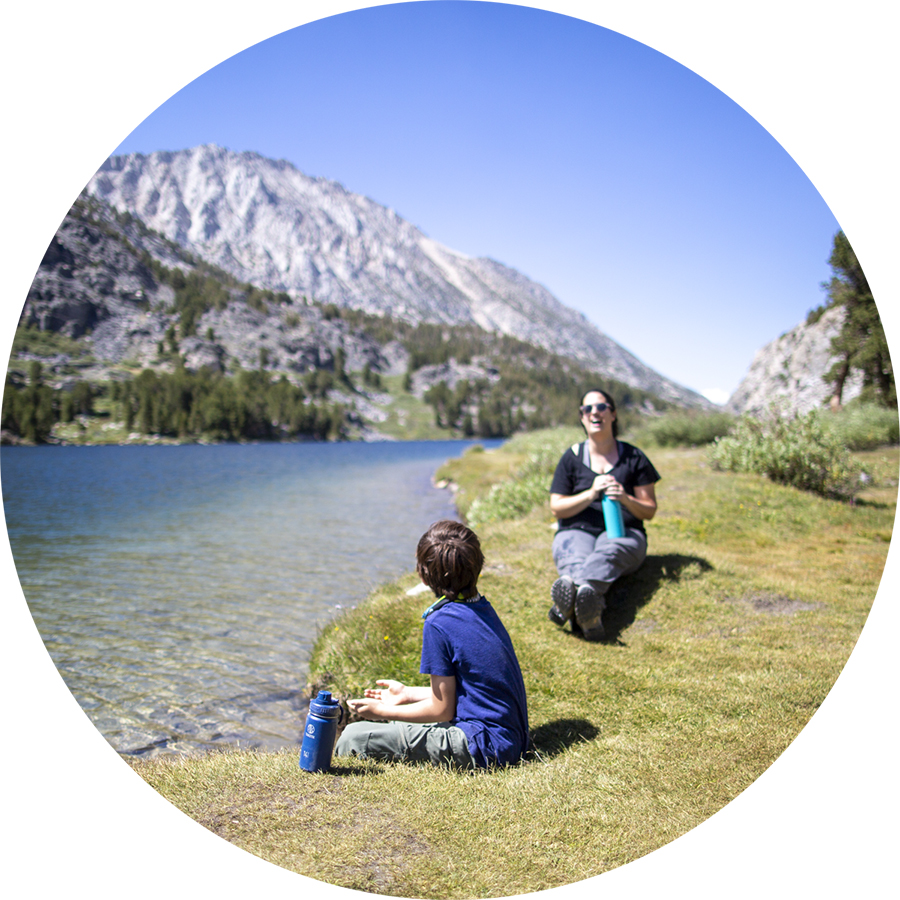Whenever I’ve made choices that deviate from the norm, people have questions. Sometimes people are genuinely curious about my decisions. Other times, their questions are opinion pieces in disguise, laced with criticism.
I first experienced this when I became vegetarian. I never espoused my views or proclaimed my vegetarianism. But as soon as I’d order a veggie burger, the questions would start. It’s the same with homeschooling. If people see my son and I out during school hours, or ask where he goes to school, the conversation goes to homeschooling.
Over time, I tend to develop “elevator pitches” for my decisions. This is easy, because while I’ve thought extensively about such topics, those who question my decisions generally have not. The topic is new to them. They tend to ask similar questions. With vegetarianism the questions were always about protein, human evolution, and how it must be tough. With homeschooling the questions are all about socialization, my qualifications as a teacher, and how it must be tough.
Originally, part of my elevator pitch for homeschooling included the fact that I used to teach middle school and high school. This tended to put people at ease right away, and was a shortcut for discussing my qualifications. But lately, this hasn’t been sitting well with me. In fact, lately, both my husband and I have intentionally stopped telling people that I used to teach. To make a point of having been a teacher feels disingenuous to our beliefs about learning, as it perpetuates the myth that you need to be a trained teacher to support a child’s education.
Don’t get me wrong, teachers have a ton of skills. But most of those skills involve managing a classroom full of energetic kids, differentiating instruction to meet the needs of those energetic kids, designing curriculum to motivate and harness the energy of those kids, and finding a way to recover from the 7 hours a day spent with those thirty (or 120) energetic kids. It’s an incredibly tough job. But it’s a very different job from homeschooling.
In fact, as a homeschooling parent, I’ve had to unlearn so many habits that I developed while teaching. I’ve relinquished control of lesson planning, and let my son choose his own path. Rather than think about curriculum and theme units, I’ve chosen to think about how I can be a supportive mentor. I’ve adjusted to supporting a learner in his own developmental time-frame, and have learned to listen more.
The way we homeschool is a completely different paradigm of learning from that promoted through schooling. There’s no classroom management, because the world is our classroom. There’s very little curriculum planning, because my son self-directs much of his learning. And there’s no song and dance of motivation required, since we allow my son the time and space to pursue his own natural interests and follow his curiosity.
Schools, as institutions, do a really good job of convincing us of their essential nature. Even most adults who hated school as children, and feel betrayed by their experiences in school, still think they need to send their own kids to school to learn. By justifying our choice to homeschool based on my teaching experience, we were perpetuating the myth that learning has to happen in school with a “trained learning professional.”
It wasn’t enough to step out of the world of schooling. We had to step out of the mythology of that world, as well. If we didn’t, we realized, we were selling short the true value of homeschooling and the real talents of so many of our fellow homeschooling parents, who prove that you don’t need formal teaching experience to be amazing mentors to your children.






After graduating from high school I went to work and met people with different outlooks on life. Their families, schooling and cultures were different. In college I discovered a myriad of things that I hadn’t been taught or even mentioned in school. I have come to believe that it is important to be exposed to as many different things at an early age. Unlearning is hard.